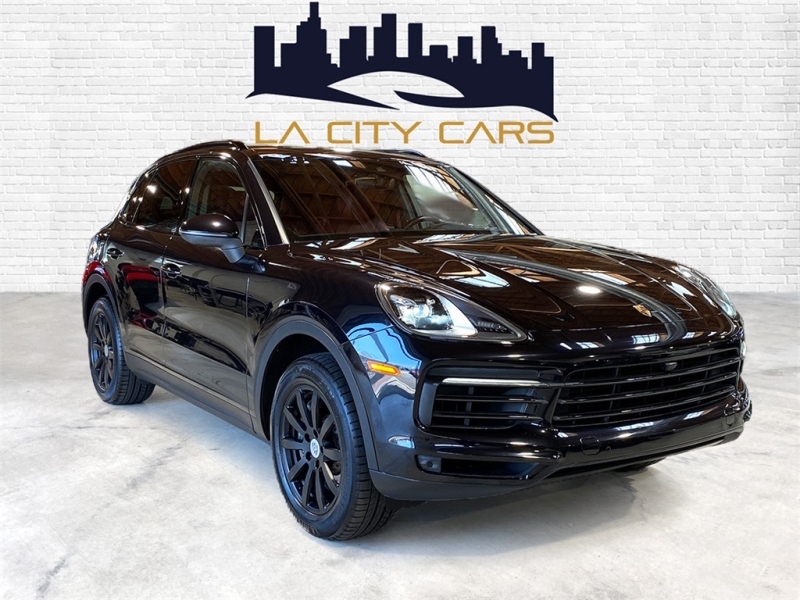The decision to buy a new car or a used car depends on various factors, and both options have their own set of advantages and considerations. Here are some factors to consider when making this decision:
Buying a New Car:
Advantages:
- Latest Features and Technology:
- New cars often come with the latest technology, safety features, and innovations. If having the newest and most advanced features is a priority, a new car might be the better choice.
- Warranty Coverage:
- New cars typically come with manufacturer warranties that cover repairs for a certain period. This can provide peace of mind and reduce the financial burden of unexpected repairs.
- Customization:
- When buying new, you have the option to customize the car according to your preferences, including choosing the color, trim level, and optional features.
- No Previous Wear and Tear:
- A new car has no history of accidents, wear, or mechanical issues. You’re starting with a clean slate, and you have full control over the vehicle’s maintenance from the beginning.
Considerations:
- Depreciation:
- New cars depreciate rapidly in the first few years. You may experience a significant loss in the car’s value during the initial period of ownership.
- Higher Upfront Cost:
- New cars generally come with a higher upfront cost compared to used cars. Monthly payments and insurance premiums may also be higher.
Buying a Used Car:
Advantages:
- Lower Depreciation:
- Used cars have already experienced the steepest part of their depreciation curve. This means you may not face as much depreciation compared to a new car.
- Lower Upfront Cost:
- Used cars are generally more affordable upfront, and you may get more features and a higher trim level for the same budget as a new car.
- Certified Pre-Owned (CPO) Programs:
- CPO programs offer used cars that have undergone rigorous inspections and come with extended warranties. This can provide added assurance when buying a used car.
- More Car for Your Budget:
- With the same budget, you may be able to afford a larger, more feature-rich used car compared to a new car in the same price range.
Considerations:
- Unknown History:
- Used cars come with a history, and it’s important to thoroughly research the vehicle’s maintenance and accident history. A vehicle history report and a pre-purchase inspection are recommended.
- Potentially Higher Maintenance Costs:
- As a car ages, maintenance costs may increase. Consider the potential costs of repairs and factor them into your decision.
- Limited or No Warranty:
- Unlike new cars, used cars may not come with a comprehensive warranty. This means you may be responsible for repairs after the manufacturer’s warranty expires.
Conclusion:
Ultimately, the decision between a new and used car depends on your priorities, budget, and preferences. If having the latest features and a comprehensive warranty is essential, a new car may be the right choice. On the other hand, if you’re looking for cost savings and are willing to accept a car with some history, a used car might be more suitable. It’s important to carefully weigh the pros and cons and consider your specific needs before making a decision.


